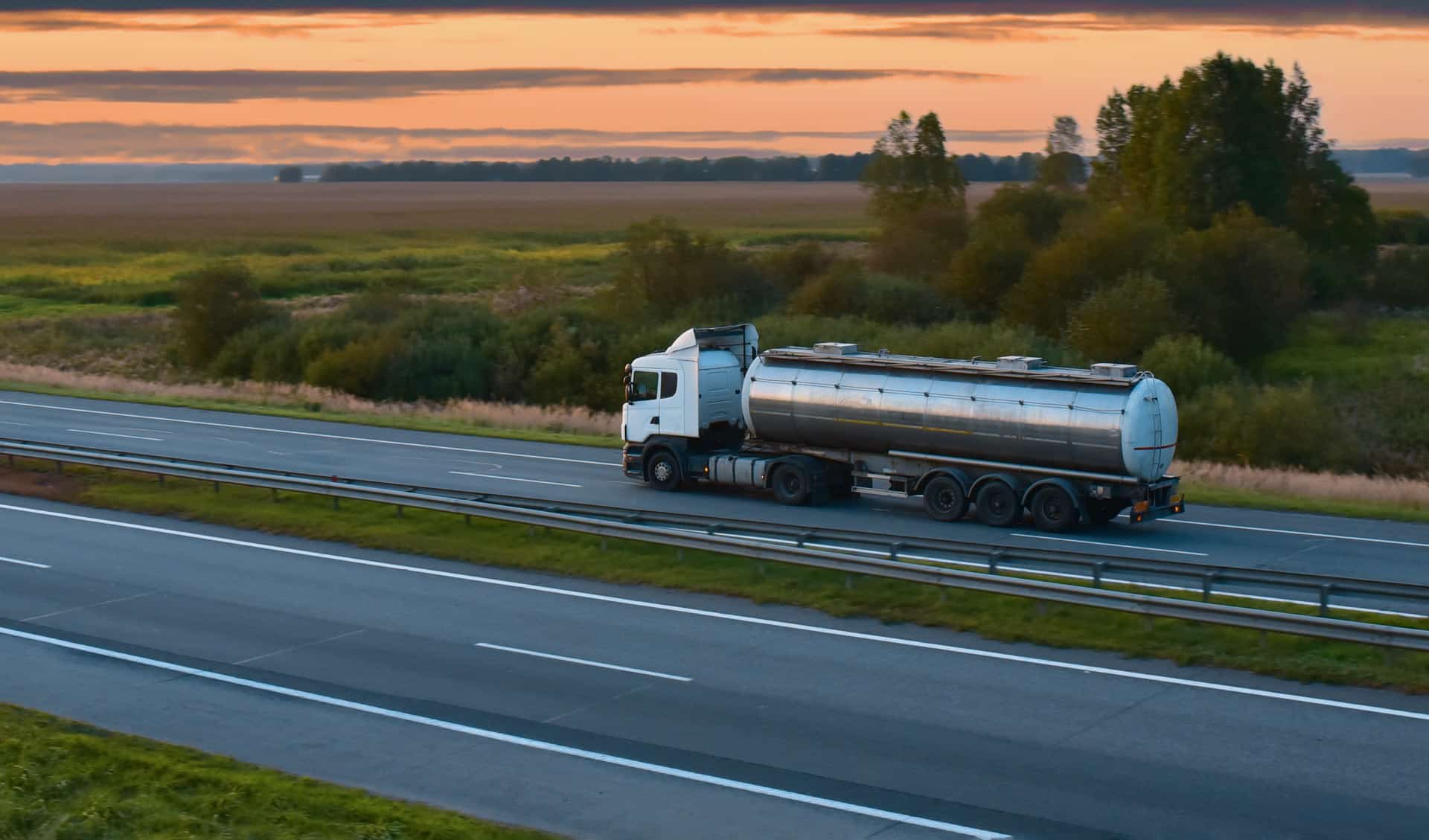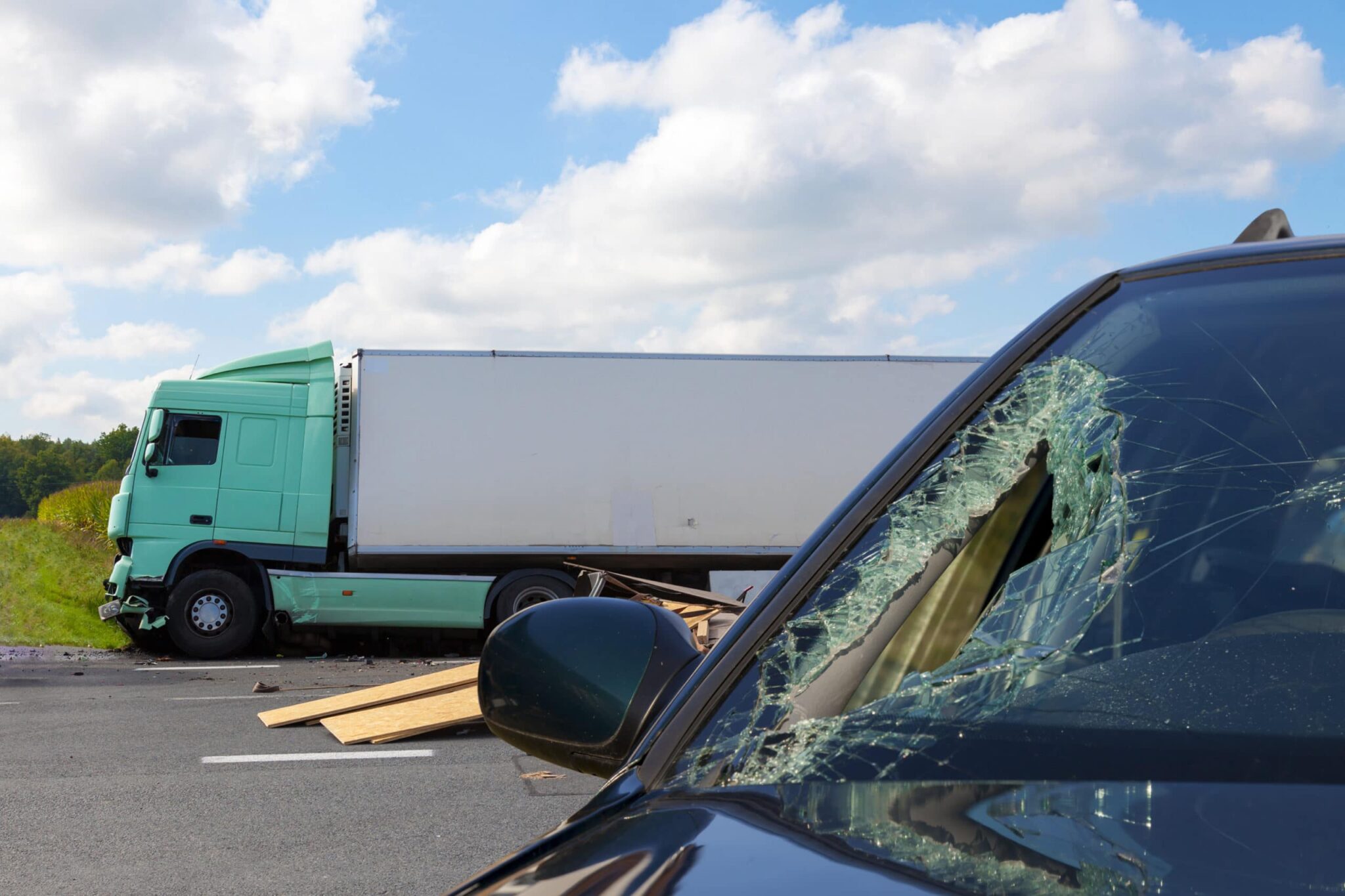In Texas, the oil and gas industry is big business. More than 400,000 Texans are directly employed within the industry, helping to produce, transport, and refine more than 1.5 billion barrels of crude oil per year.
The sheer amount of oil tankers we have on the ground virtually guarantees that at least a few serious oil tanker accidents will occur each year in Texas—especially in the Permian Basin near the border with New Mexico.
But there are many reasons why tanker truck crashes are both more common, and often more dangerous, than other kinds of truck crashes. In this blog post, we’ll explore some of the main reasons, provide helpful advice to those who have been injured in an oil tanker truck accident, and explain how a tanker truck accident lawyer can help.
Texas’ Permian Basin Poses Unique Challenges
Spread across Texas and New Mexico, the Permian Basin is one of the country’s most significant oil and gas regions. It takes a lot of workers and trucks to produce about 30% of the United States’ oil and gas and 10% of its natural gas.
According to the Texas Department of Transportation, the amount of freight tonnage that runs through the Permian Basin is 20 times higher than the rest of the state. And because many of these trucks are carrying heavy loads of oil, sand, water, and other materials, there are far more overweight trucks on the Basin’s roads.
With more big trucks on the road, the likelihood of tanker truck crashes increases, especially around congested areas like Midland and Odessa, TX. It’s no surprise that during the 2016-2018 boom, the number of truck wrecks in the Basin increased by more than 120%.
And rural roads, like those in Loving County, pose even more challenges. Compared to more urban areas, it takes much longer for the police and emergency medical services to arrive at a crash site. These delays can result in lost evidence and poor health outcomes—even fatalities.
But the number of trucks alone can’t entirely explain why oil truck accidents have skyrocketed in the last few years.
Common Causes of Tanker Truck Accidents
In the immediate aftermath of a tanker truck accident, it’s not always clear what the fundamental causes were. And there might be several contributing factors (and multiple liable parties).
While piecing together the story of the accident may be complicated, it’s an essential task for injury victims who wish to seek fair compensation after the crash.
Some of the most common causes include:
Driver Negligence
Just like any other kind of motor vehicle accident, many oil truck crashes are caused by careless mistakes made by the truck driver. This includes things like speeding, distracted driving, and failure to properly signal a turn. According to the Federal Motor Carrier Safety Administration (FMCSA), at least 78% of tanker truck rollovers involve driver error.
Poor Training or Inexperience
When fully loaded with oil, a tanker truck can easily weigh more than 30 tons. It takes a significant amount of training and experience to learn how to operate one safely.
Unfortunately, trucking companies that are desperate for drivers (and profit) may not provide sufficient safety training. They may also fail to conduct rigorous background checks and hire tanker truck drivers that are inexperienced or have a history of reckless behavior or safety violations.
Driver Fatigue (and Lax Industry Regulations)
Oil truck drivers often work longer hours than even other kinds of truck drivers. For one, oil industry work is relatively lucrative, and a driver can sometimes earn a six-figure salary if they pick up enough shifts. On top of that, drivers transporting petroleum products are also exempted from some mandatory rest break regulations, and can operate their tanker trucks for 12 hours without triggering a 30-minute rest break.
This combination of factors provides a powerful incentive for oil truckers to work as long and often as they can—right up to, and sometimes past, the breaking point. It goes without saying that a fatigued driver is much more likely to make catastrophic mistakes, regardless of how well trained they are.
This combination of factors provides a powerful incentive for oil truckers to work as long and often as they can—right up to, and sometimes past, the breaking point.
Unstable and Unsafe Loads
We usually think of improper loading as a problem for traditional 18-wheelers, but tanker trucks are no exception.
Oil sloshing around in a tank that’s only partially filled can significantly alter the handling of the truck. These so-called “liquid surges,” combined with a higher center of gravity, make oil trucks especially vulnerable to rollover accidents. Statistically, about four cargo tank trucks roll over every day in the United States.
Poor Truck Maintenance
Given their size, weight, and transportation of hazardous materials, oil trucks are supposed to be kept in excellent mechanical condition. Trucking companies must follow strict state and federal rules involving inspections and routine maintenance.
Unfortunately, this is another area where the trucking companies frequently cut corners to save time and money. Failure to inspect and maintain vehicles regularly creates a dangerous situation, and it’s usually other drivers who pay the price. The FMCSA reports that at least 54% of tanker truck rollover accidents involved defective or poorly maintained brake systems.
Poor Road Conditions
This is a huge problem out in West Texas, where the oil industry is booming. Many highways and transportation networks in the Permian Basin and surrounding area simply weren’t designed to handle the incredible amount of heavy vehicle traffic that now regularly passes through these low-density rural communities. Several roads are in terrible shape or lack shoulders. This only magnifies the danger for everyone involved.
RELATED POST: Learn How to Protect Yourself on West Texas’ “Highway of Death”
After an Oil Tanker Truck Accident, Contact an Experienced Attorney as Soon as Possible
Oil truck accidents can be extremely complicated to litigate. Even if you did nothing wrong, and your injuries are significant, you’ll still be fighting an uphill battle to get anywhere close to the compensation you deserve.
Oil and gasoline trucking companies (and their insurance carriers) generally aren’t interested in making sure victims get the full amount of compensation they need after a crash. They’re mainly concerned about how little they can pay to make the case go away.
Negligent parties may even obstruct the investigation by hiding or destroying evidence, falsifying logs, or attempting to get the injured person to admit their own fault. And because the industry has incredibly deep pockets, they can afford huge teams of lawyers who aggressively defend their corporate interests.
Even in the best-case scenario, these cases are still incredibly complex. Arguing them successfully requires a sophisticated understanding of oil, gas, and trucking industry regulations. It requires a thorough investigation of the accident scene, driver, and company records. It requires an in-depth examination of medical records and determining how injuries are likely to alter the trajectory of a victim’s life. And if the case goes to trial, it all needs to be put together into a compelling narrative that a jury will understand.
How does an ordinary person fight back against all these obstacles? By hiring an oil truck accident lawyer as soon as possible.
RELATED CLIENT STORY: A Poorly Maintained Semi Changes a Family Forever: Michael and Jill P.’s Story
Oil and gasoline trucking companies (and their insurance carriers) generally aren’t interested in making sure victims get the full amount of compensation they need after a crash. They’re mainly concerned about how little they can pay to make the case go away.
What Is a Tanker Truck Accident Claim Worth?
If you or someone you love suffered serious injuries in a tanker truck crash, you might be eligible for significant compensation. However, every case is unique. After all, minor bumps and bruises are often worth much less than a traumatic brain injury, spinal cord injury, or a wrongful death claim.
As part of your claims against the trucking company, driver, and others, you might be eligible for a wide array of damages and compensation:
- Payment of your medical bills, both now and in the future
- Lost income and wage-earning capacity
- Nursing and long-term care
- Compensation for your pain and suffering
- Funeral and burial expenses
When you work with one of Crosley Law’s tanker truck accident lawyers, we will diligently work to identify all your financial and emotional losses—and will name all the responsible parties.
Need Help After a Serious Oil Truck Accident? Call Crosley Law Today
Crosley Law is no stranger to oil and gas industry cases. We’ve represented individuals who have been injured in tanker truck crashes, as well as workplace accidents on oil fields and rigs.
As you might imagine, most oil tanker accidents occur in West Texas near the Permian Basin. Crosley Law has developed strong relationships with local crash investigators who can get to the accident scene quickly, reducing the risk the crucial evidence will be lost. As soon as you hire us, our tanker truck accident attorneys will get on the case.
Time is of the essence after oil truck accidents. If you or someone you love has been in an accident, contact the team at Crosley Law today for a free case review. You can call (210) LAW-3000 | (210) 529-3000 or use the easy contact form on our website.
References
Buckley, K. (12 January 2022). Texas oil and gas pulled in nearly $16 billion in taxes and royalties last year as the industry recovers from pandemic downturn. Houston Public Media. Retrieved from https://www.houstonpublicmedia.org/articles/news/energy-environment/2022/01/12/417022/report-texas-oil-and-gas-sent-more-than-15-billion-to-the-state-in-taxes-and-royalties-last-year-as-industry-recovers-from-the-pandemic-downturn/
Cargo Tank Rollover. (n.d.) Federal Motor Carrier Safety Administration. Retrieved from https://www.fmcsa.dot.gov/sites/fmcsa.dot.gov/files/docs/FINAL_Cargo_Tank_Rollover_Fact_Sheet_508.pdf
Permian Basin Freight and Energy Sector Transportation Plan: Executive Summary. (November 2020). Texas Department of Transportation. Retrieved from https://ftp.txdot.gov/pub/txdot/get-involved/oda/PBFP/110120-pbfp-executive-summary.pdf
The content provided here is for informational purposes only and should not be construed as legal advice on any subject.









